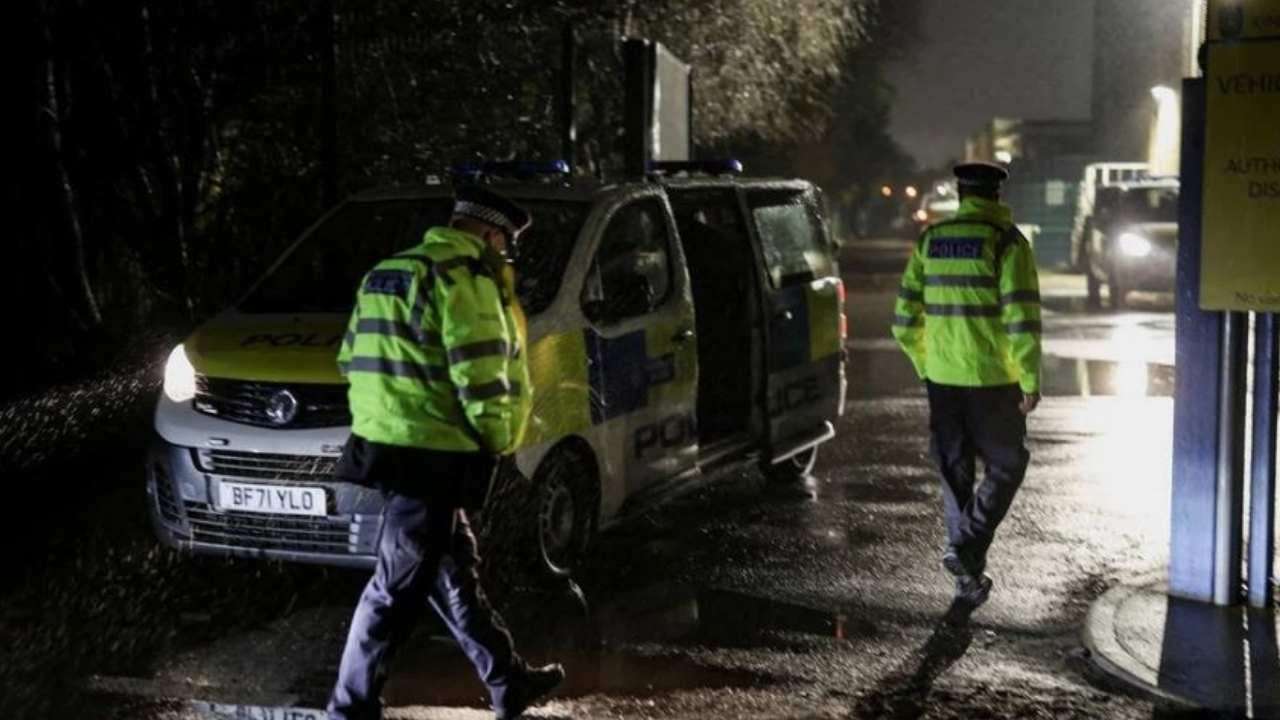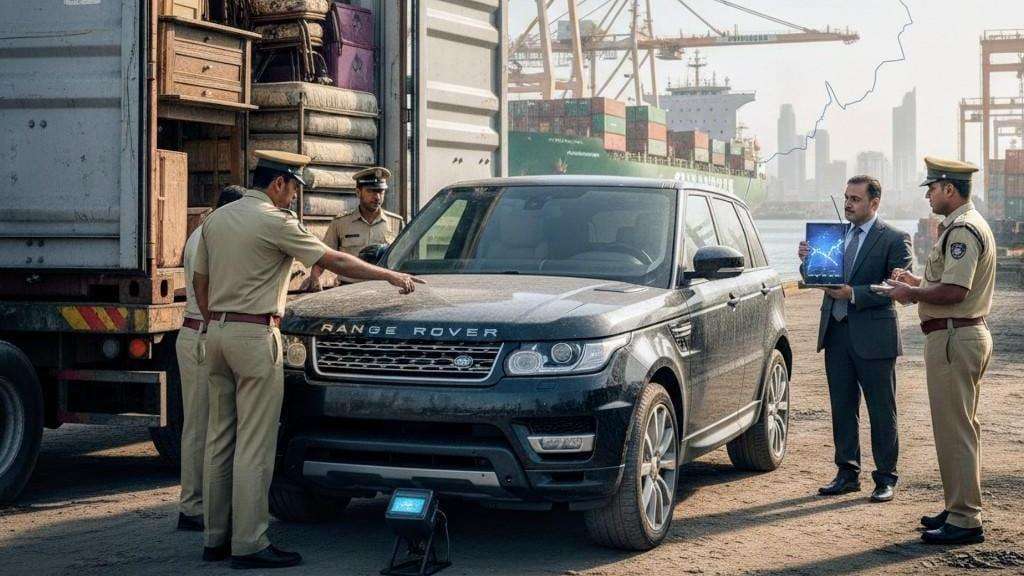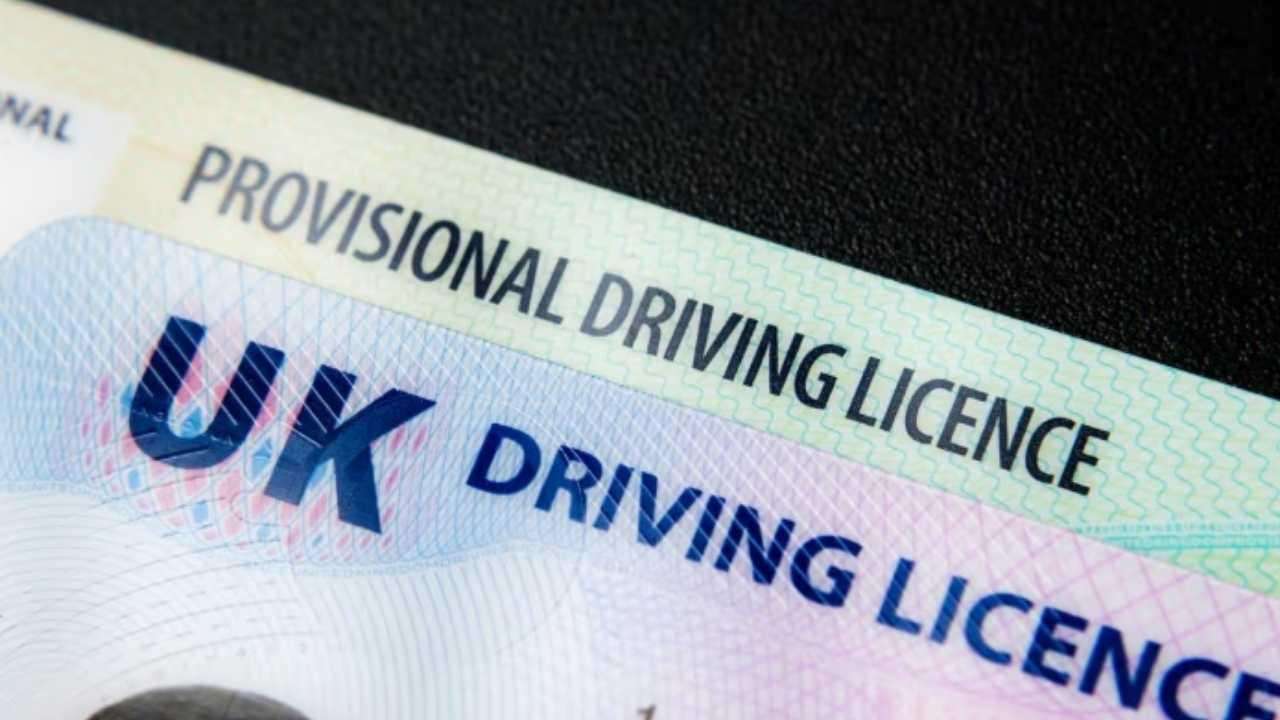The United Kingdom is grappling with a rising epidemic of organised vehicle theft, as sophisticated international crime gangs exploit global demand and technological loopholes to ship high-value cars from British driveways to distant overseas markets. The scale of the crisis is underscored by the latest figures: the National Vehicle Crime Intelligence Service (NaVCIS) recovered 450 stolen vehicles at ports in 2024-25, almost doubling the previous year's tally, a sign of both improved intelligence and escalating criminal activity.
Destination Hotspots and The International Route
The vast majority of these thefts are not opportunistic, but a calculated supply chain to an international black market where vehicles and parts can fetch double the UK price. Experts have pinpointed several key destinations, with the trade driven by vehicle scarcity, high desirability of UK-spec models, and geopolitical factors.
The top five destinations identified by NaVCIS and Thatcham Research data (2021-2024) are:
- Democratic Republic of Congo (DRC): The number one destination, acting as a major distribution hub for the rest of Africa due to its central location and deep seaport.
- United Arab Emirates (UAE): Demand surged following a parts shortage exacerbated by recent natural disasters like floods, with stolen cars sometimes arriving by sea in under a month.
- Cyprus: Often serves as a transit country and gateway to other Mediterranean markets.
- Jamaica: Stiff tariffs on legal imports have made the illicit trade more profitable, and the country's left-hand drive market boosts demand for British vehicles.
- Georgia: Primarily serves as a transit country for markets like Russia, where sanctions have drastically limited the legal car supply.
The route for these stolen vehicles typically begins with a car being taken to a 'chop shop' for dismantling and stripping, or immediately prepared for export. The most profitable method is smuggling the vehicle abroad on a cargo vessel. Criminals load the car into shipping containers away from the ports, often listing the contents as innocuous items like furniture, mattresses, or toys. This lack of stringent checks on container contents is a major weak point in the system, which NaVCIS is actively trying to disrupt.
Keyless Theft and The Recovery in Pakistan
The primary theft method for modern, high-value cars is the use of relay devices, which intercept the signal between a key fob inside a home and the vehicle outside, allowing thieves to drive it away silently. The most targeted models are premium SUVs, which comprised 79% of intercepted exports.
Tracking down these vehicles once they leave the UK requires intense international cooperation. The process was dramatically highlighted by the recovery of a black Range Rover Sport stolen from Harrogate, North Yorkshire, which was later tracked via its onboard telematics system 5,000 miles away in Karachi, Pakistan. The discovery led to Interpol's involvement, which is now working with local Pakistani police for seizure.
This is not an isolated incident; in 2022, a Bentley Mulsanne stolen from London was also recovered in a wealthy Karachi neighbourhood. Recovery relies on intelligence, police operations, and sometimes the activation of sophisticated GPS trackers. However, with criminals constantly adapting—using scanners to locate trackers and cloning number plates—the overall recovery rate for stolen vehicles in the UK remains worryingly low, with fewer than a third being returned to their owners. Law enforcement and the automotive industry are continually battling this multi-million-pound illicit trade by developing new security and immobilisation technologies and enhancing cross-border intelligence sharing to reduce the lucrative incentive for theft.








.svg)


